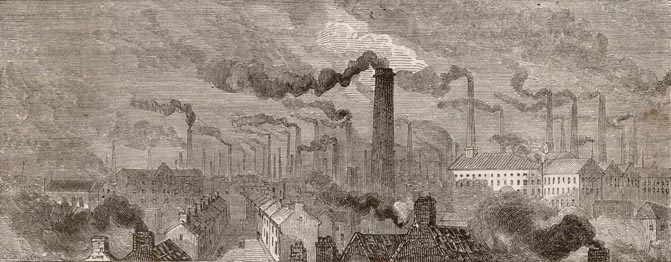Alperovitz, Gar. What Then Must We Do? Straight Talk about the Next American Revolution, Chelsea Green Publishing, White River Vt. 2013 (205pp. $27.95)
Crouch, Colin. Making Capitalism Fit for Society, Polity Press, Malden, Massachusetts, 2013 (192pp.)
Something terrible is happening to our country and its people. The share of income taken by the top 1 percent of Americans has risen from 10 percent to roughly 20 percent in three decades while the bottom 99 percent has seen their income drop by 10 percent. Top tax rates for the wealthy have dropped precipitously while the tax burden on the middle and working classes has risen sharply. People remain mired in poverty, corporate taxes have declined as a share of GDP and Americans are fundamentally unhealthy. We live in a Gun Culture. Prison populations have skyrocketed and the amount of money involved in buying and selling political candidates in presidential elections reached $2 billion in 2012. The Supreme Court is poised to allow the rich to spend what they want in elections anywhere and everywhere.
Two recent books discuss these vital problems, posing solutions designed to save democracy from its steady erosion by money, to balance and harmonize our human needs against free enterprise and its domination by corporations at all levels, and to reorganize American values, all as a way beyond constant fiscal crisis, inequality, poverty and violence.
What Then Must We Do? analyzes the despair felt by progressives who see the dominant corporate culture and political gridlock as unfixable. Professor Alperovitz, a noted political economist at the University of Maryland, provides a long-term historical context for the evolution of activism and change, while proposing (with illustrations) solutions that can slowly alter our system in strategic increments. Alperovitz discusses a checkerboard strategy involving local mixed-solutions using municipal powers, local self-government, worker ownership of business, land-trusts, election reform (beginning locally), the destruction of cable and internet monopolies and many other tactics. Beyond that, Alperovitz proposes new banking approaches to break the stranglehold of Wall Street on our communities as well as a way forward to a new environmental consciousness.
Making Capitalism Fit for Society provides a European perspective on the topic of corporate domination of human life. Professor Crouch of Warwick in England, surveys the way unrestrained markets have expanded the neo-liberal agenda, especially in light of the recent destruction of the labor movement and the collapse of any countervailing power to wealth. He suggests that a countervailing power might arise from the uniting of a green movement with re-energized third parties (or altered platforms of established parties), though his suggestions are more apposite to the parliamentary forms of government that characterize Europe.
In any case, the situation is dire for democracy and for American citizens trapped in a downward spiral towards the dead-end of corporate slavery. There is a long slog ahead and we’d best start now.

